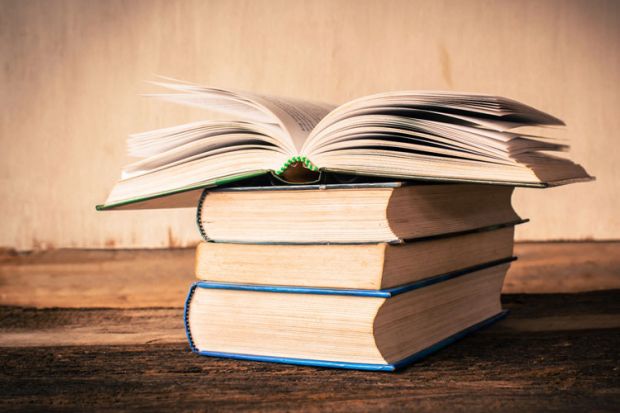From Orwell’s classic Nineteen Eighty-Four through Victorian-era staples from the likes of Dickens and the Brontës – and inevitably including recent popular stories like the Harry Potter series – the TES list of top 100 books for students to read before leaving school is bound to divide opinion.
But what do humanities academics think of the list, especially as preparation for university?
Angie Hobbs, professor of the public understanding of philosophy at the University of Sheffield, felt that it was “a pretty good list”, although she believed in “exposing children and teenagers to a wide variety of writing styles” and thought it missed Dodie Smith’s I Capture the Castle, Alain-Fournier’s Le Grand Meaulnes and Gabriel García Márquez’s One Hundred Years of Solitude.
Other suggestions she made were “Jorge Luis Borges’ Labyrinths for any budding philosophers” and Louis de Bernières’ Captain Corelli’s Mandolin for its “terrific battle chapters and wonderful positive image of l’omosessuale”.
Stephen Mumford, professor of metaphysics at the University of Nottingham, saw the books as “good preparation for future philosophers and arts students generally” – although perhaps a story of “Victorian gentlemen with unlimited wealth teaching foreigners how to live” (Around the World in 80 Days) was now a bit passé.
Yet he regarded the winning book, Nineteen Eighty-Four, as “the most important novel ever, not especially because of its literary merits but because of the analysis of political power. Orwell nails it…As many of us as possible should read it before it gets banned.”
For Elizabeth Schafer, professor of drama and theatre studies at Royal Holloway, University of London, “such lists are designed to make one explode”, with this particular one “too skewed towards blokes” and “too skewed towards being miserable”.
Furthermore, such a list could not be taken seriously, she said, unless it was topped by Pride and Prejudice, “the best dating novel ever, whether you are straight, gay, bi, trans or whatever, so if you are leaving school to go to university you will need to read it as you form your first impressions of Mr Darcy, dodge Mr Collins and embarrassingly fall for Mr Wickham during Freshers’ Week”.
John Mullan, professor of English at University College London, described the list as “a fairly predictable one, which is no bad thing”, although “among the children’s books, there is a strong bias (too strong a bias) in favour of the recent”. A source of greater regret, perhaps due to “toff-phobia”, was the omission of Evelyn Waugh.
Rachel Bowlby, professor of comparative literature at Princeton University, would be “amazed if a graduating BA English student had read this lot”. She was disappointed by the “maleness and Englishness”, keen to see some Virginia Woolf and puzzled by the inclusion of Beloved (“a very difficult book which presupposes a knowledge of the history of slavery”).
And Professor Bowlby said that one young person she spoke to had told her that even a single Harry Potter was “ridiculous”, given how “badly written” the whole series is.
Read the full list here.




